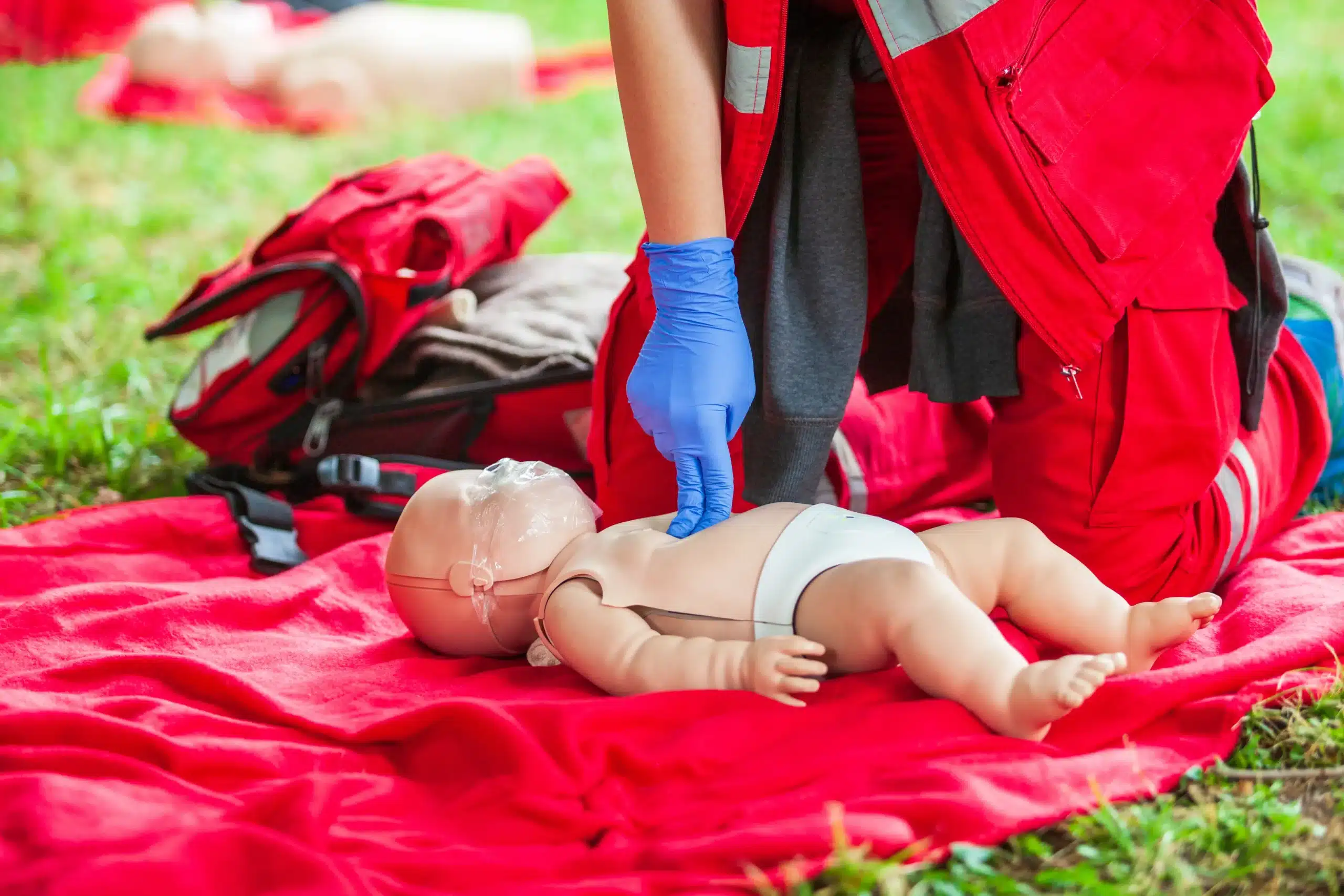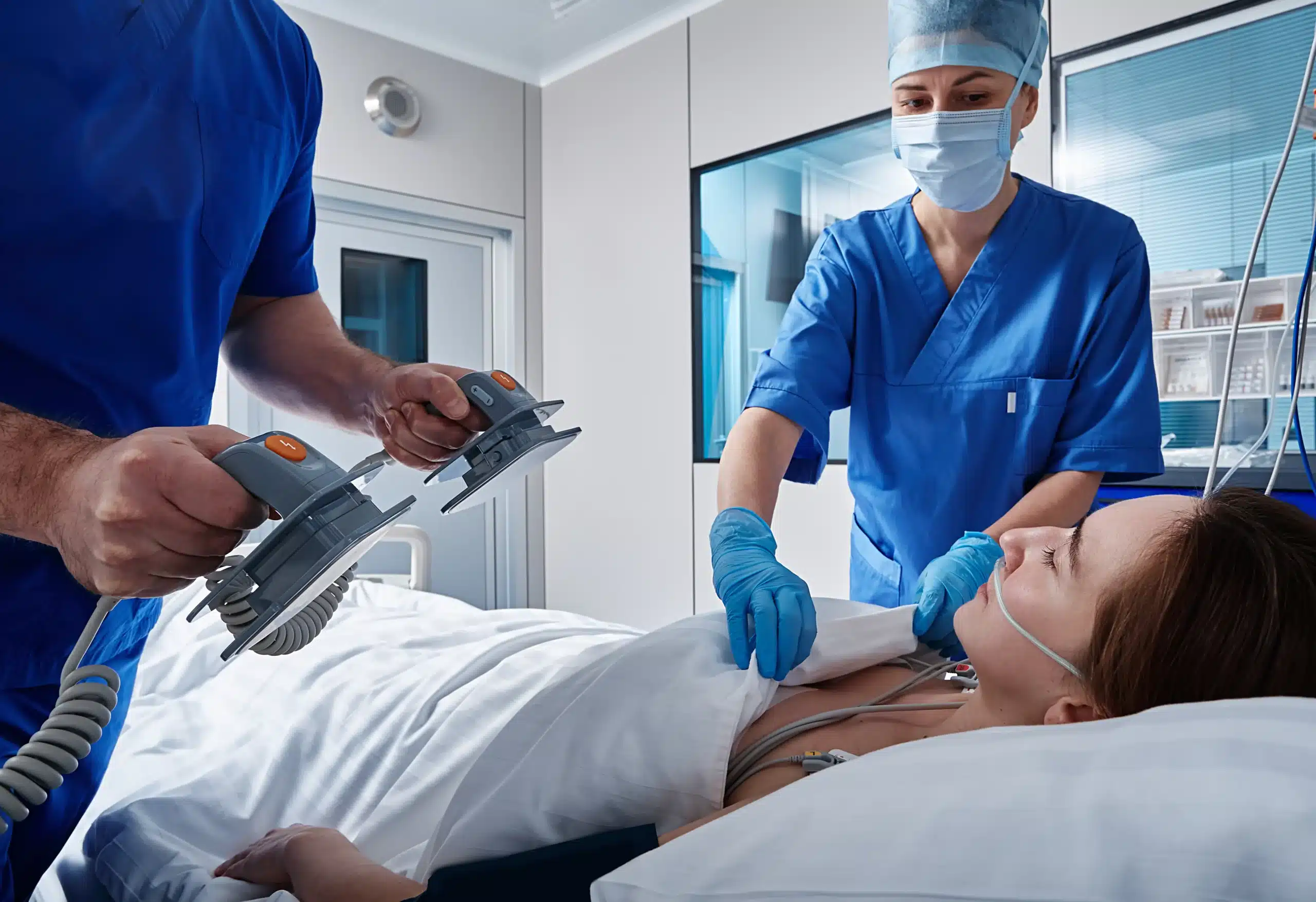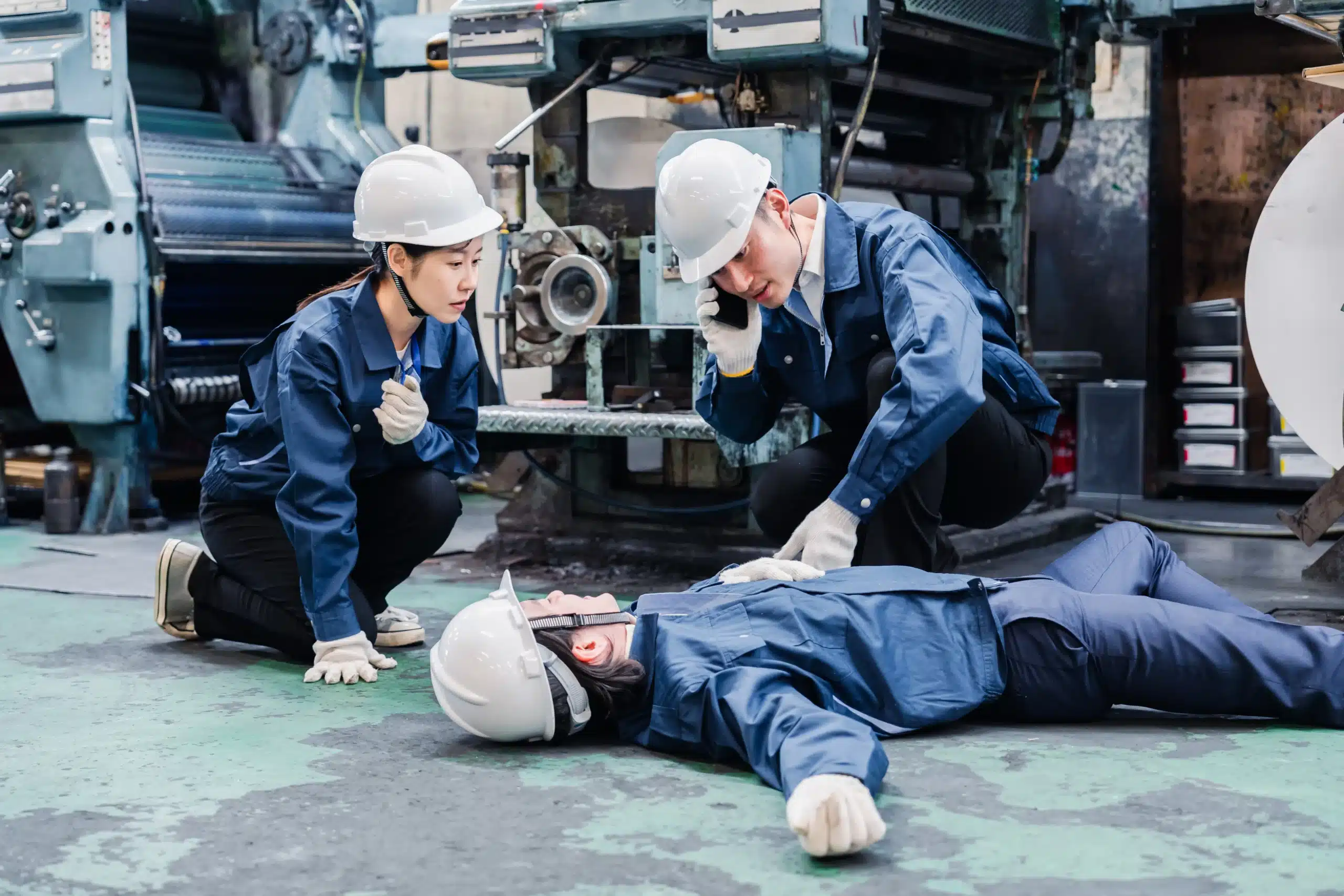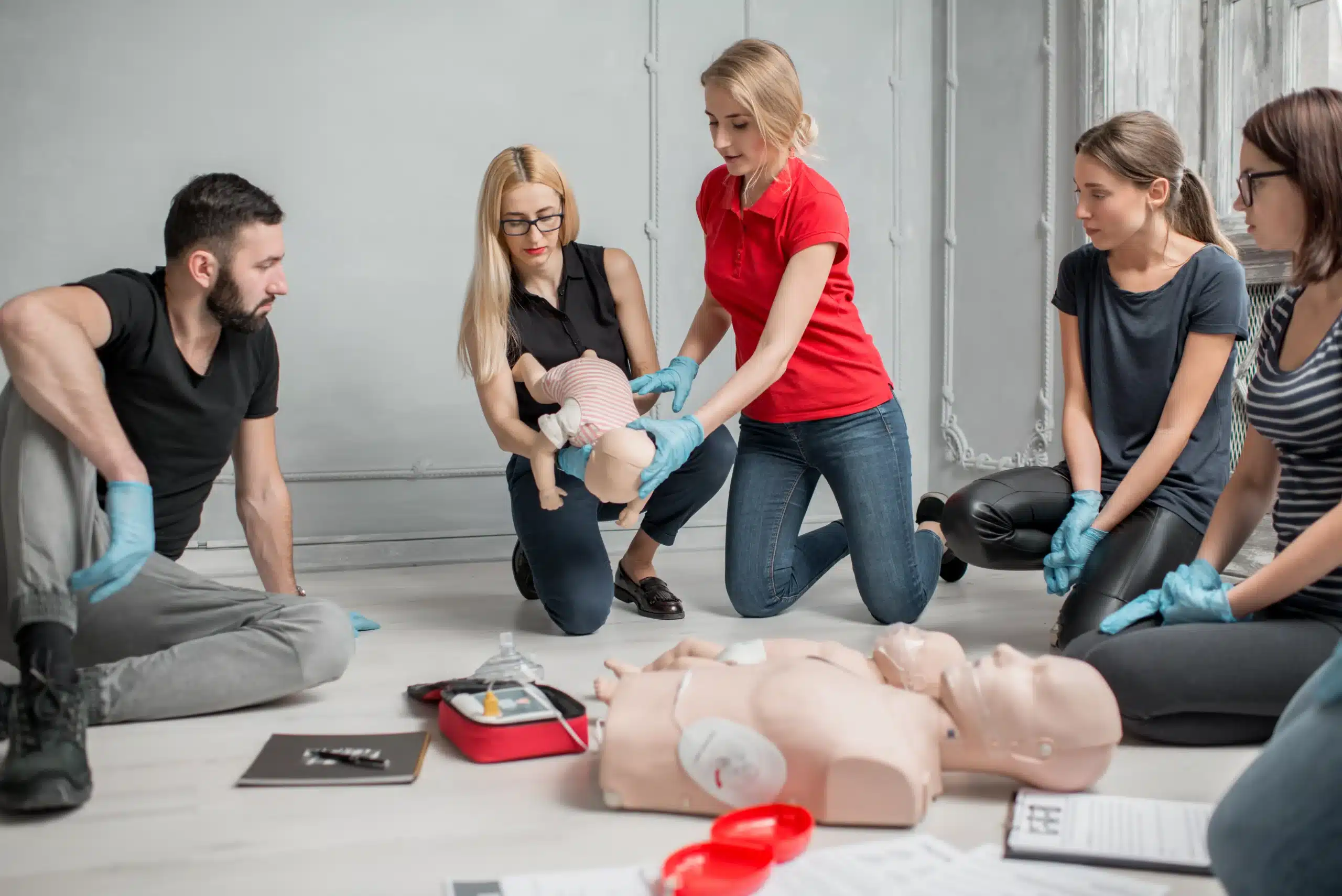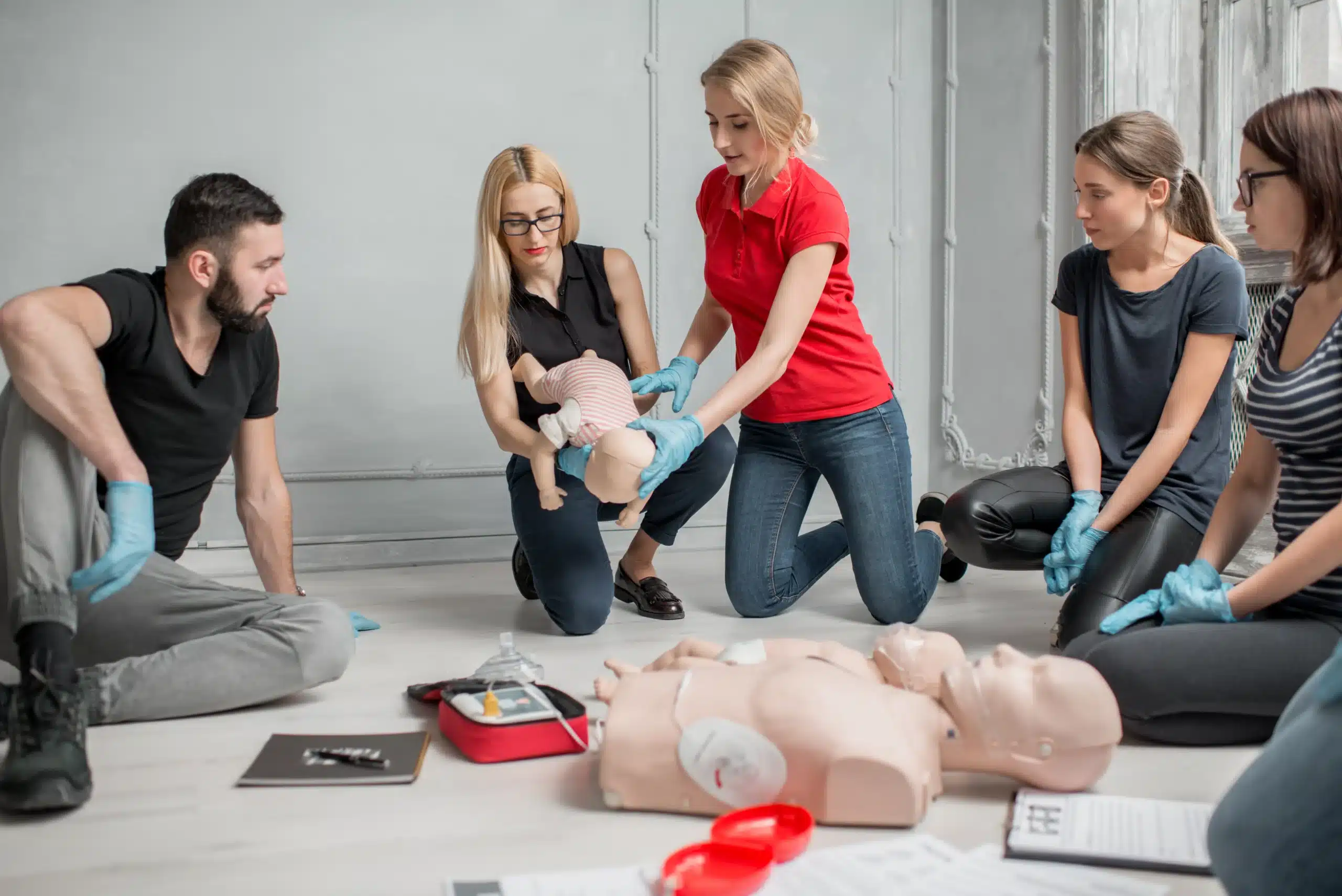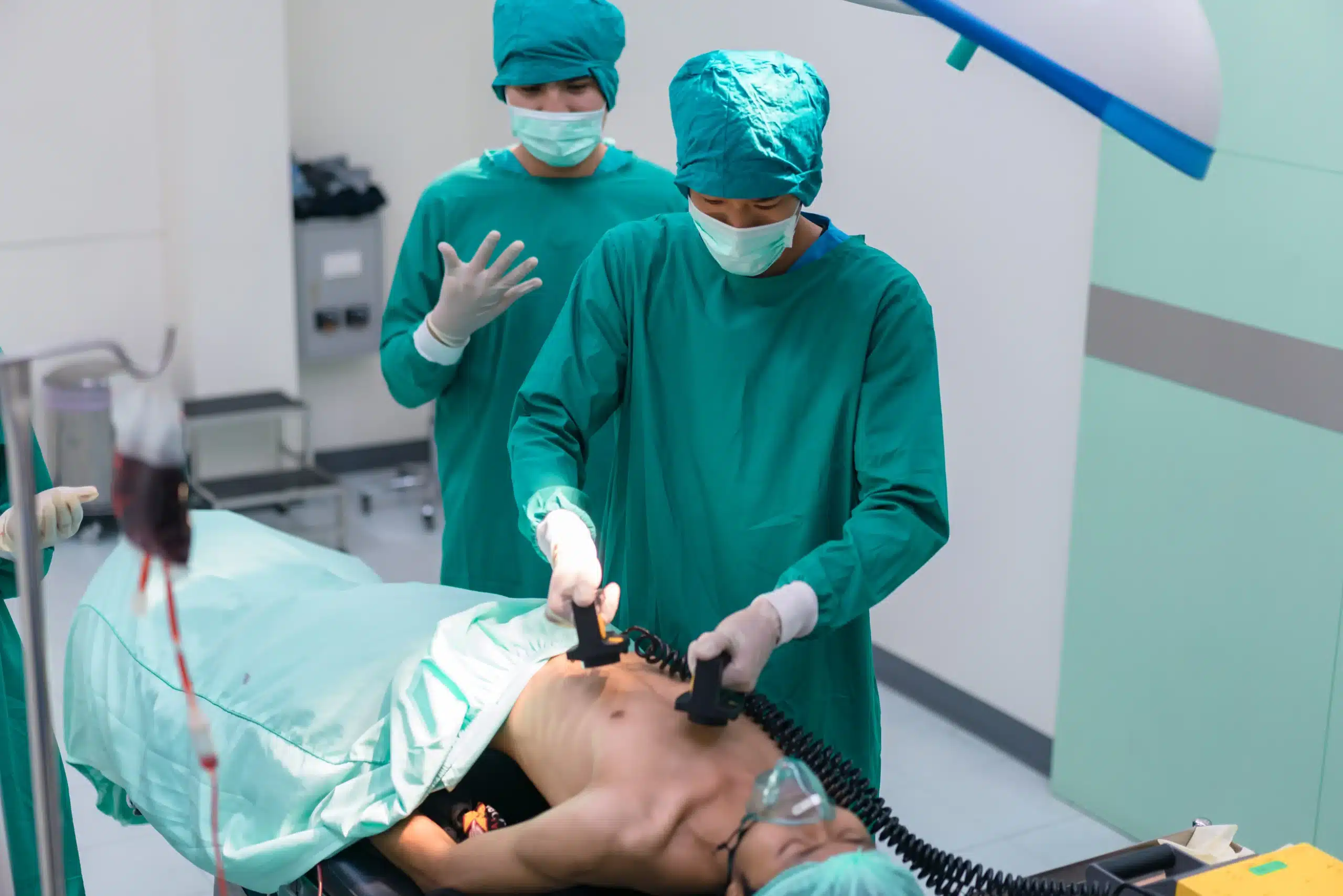Cardiopulmonary resuscitation (CPR) saves lives—no doubt about it. But for many survivors, the journey after resuscitation isn’t just about physical recovery. The psychological impact of surviving cardiac arrest can be profound, encompassing fear, trauma, and lingering mental health challenges.
This blog is your guide to understanding the emotional aftermath of CPR. Whether you’re a survivor, a family member, or even a caregiver, we’ll explore the psychological effects, share practical coping strategies, and emphasize why emotional recovery is as important as physical well-being.
Understanding the Psychological Impact of CPR
Surviving a near-death experience such as cardiac arrest often leaves survivors feeling overwhelmed, confused, and even shaken to their core.
Immediate Emotional Responses
Survivors commonly report feelings of fear, confusion, and anxiety immediately after the event. This is partly due to the trauma of undergoing CPR—a physically grueling, life-and-death procedure.
Some individuals also experience Acute Stress Disorder (ASD), which can manifest as flashbacks, heightened emotional responses, or persistent hypervigilance in the days and weeks following resuscitation.
Long-Term Effects on Mental Health
Unfortunately, the psychological effects often extend far beyond the initial event. Research from the Resuscitation Journal (2013) highlights alarming rates of mental health challenges among CPR survivors:
- PTSD occurs in 19% to 27% of survivors.
- Depression affects 14% to 45% of survivors.
- Anxiety disorders impact 13% to 61% of survivors.
Additionally, some survivors grapple with survivor’s guilt, questioning why they survived when others may not have been so fortunate.
Changes in worldview are also common. Many survivors report reflecting deeply on their mortality and purpose in life, leading to existential questioning, lifestyle changes, or both.
These psychological shifts underline the crucial need for a comprehensive recovery plan that goes beyond addressing physical health.
Coping Strategies for Survivors and Families
The road to recovery, while challenging, isn’t one you have to walk alone. Here are actionable strategies to help survivors and their loved ones cope.
Mindfulness-Based Techniques
Mindfulness practices can significantly reduce stress and help survivors process their emotions. Here are a few exercises to try:
- Mindful breathing: Spend five minutes focusing on slow, deep breaths.
- Journaling: Write down your thoughts and feelings regularly. Reflect on what triggers stress and what brings relief.
- Restorative yoga: Engage in gentle poses to reconnect with your body and promote relaxation.
The goal is to stay present and take recovery one moment at a time.
Support Networks
You don’t have to go through recovery alone. Lean on family, friends, and survivor-focused communities for support:
- Family and friends: Open up about your feelings and experiences. A reliable support system can make all the difference.
- Survivor forums: Consider joining groups like the American Heart Association’s survivor communities to connect with others who share your experiences.
Hearing others’ stories can provide comfort, insight, and validation.
Lifestyle Adjustments
Healing is a holistic process that involves taking care of your mind and body:
- Exercise: Engage in regular, light physical activity (with medical approval) to boost your mood and rebuild strength.
- Nutrition: Eating a balanced diet can improve energy levels and overall well-being.
- Sleep hygiene: Prioritize 7–9 hours of quality sleep per night to give your body and mind time to rest and heal.
Building a regular daily routine can also provide a sense of stability, especially during such an emotionally turbulent period.
Seeking Professional Help
Professional mental health support is a critical component of recovery. Look for therapists who specialize in trauma or health-related stress disorders.
Effective approaches often include:
- Cognitive Behavioral Therapy (CBT): Helps identify and reshape negative thought patterns.
- Eye Movement Desensitization and Reprocessing (EMDR): Targets traumatic memories to reduce their emotional impact.
If you’re not sure where to begin, consider asking your primary care doctor for recommendations. Many survivors find professional guidance to be life-changing.
Why Psychological Recovery is Essential
You might be wondering—why focus on emotional recovery? Isn’t physical rehabilitation the top priority?
The answer is simple. Mental and physical health are interconnected. Unaddressed psychological challenges such as anxiety or depression can slow physical healing by increasing stress hormones and reducing motivation to engage in therapies.
By supporting your emotional well-being, you’re directly enhancing your body’s ability to recover. It’s a win-win.
Beyond that, addressing psychological health can improve your quality of life, relationships, and productivity—everything that makes life worth living.
Take Action Today
You’ve already demonstrated incredible strength by surviving a life-threatening event. But your story doesn’t end there. Whether you’re a survivor, a family member, or a caregiver, there are steps you can take to make recovery smoother.
Here’s what you can do next:
- Share this blog with someone who might benefit from its insights.
- Seek professional support if you or a loved one is struggling emotionally.
- Empower your community. Sign up for CPR certification or advanced training courses in Milpitas, CA like CPR and First Aid, BLS, PALS, or ACLS through Safety Training Seminars. Having more trained responders makes survival and recovery easier for future patients.
Recovery takes time—but with the right strategies and support system, it’s achievable. Remember, every step forward is proof of your resilience and strength.

